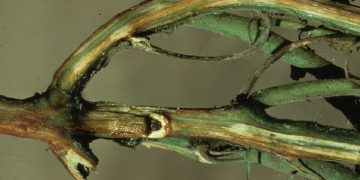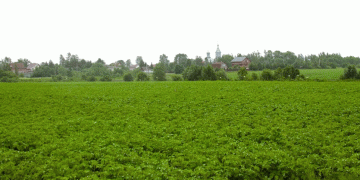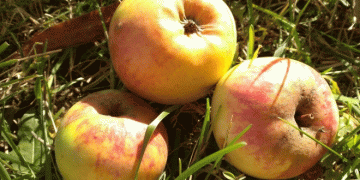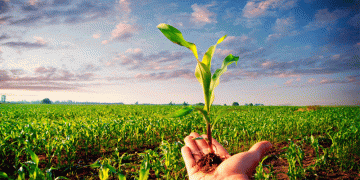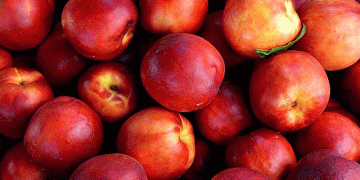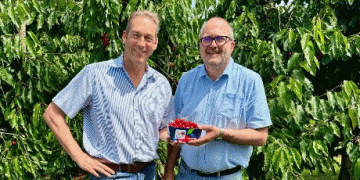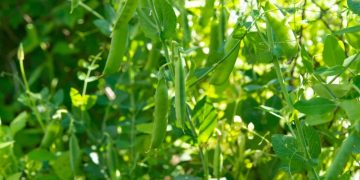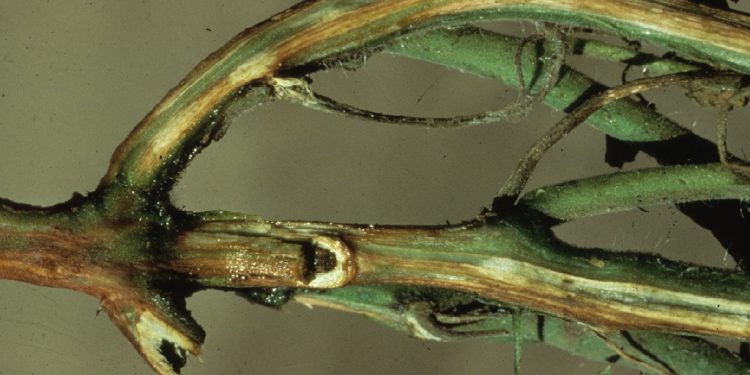#FightingFusarium #FusariumWilt #FusariumOxysporum #PlantDisease #Agriculture #CropRotation #BiologicalControl #FoodSecurity #Sustainability
Fusarium wilt is a destructive plant disease that affects a wide range of crops, including tomatoes, bananas, cucumbers, and more. The disease is caused by the fungus Fusarium oxysporum, which attacks the plant’s roots and blocks the flow of water and nutrients. The disease can lead to stunted growth, yellowing leaves, and eventually, death of the plant.
Development:
Fusarium wilt is a soil-borne disease, which means it can survive in the soil for several years. The fungus enters the plant through the roots and spreads through the xylem vessels, where it blocks water and nutrient transport. Once a plant is infected, there is no cure, and the only solution is to remove and destroy the affected plant and sterilize the soil.
Consequences of development:
Fusarium wilt can have devastating consequences for farmers and the agricultural industry as a whole. Infected crops can lead to significant yield losses, which can impact food security and increase food prices. The disease can also lead to increased use of pesticides and fungicides, which can have environmental and health impacts.
To combat Fusarium wilt, farmers can take several preventative measures, including crop rotation, using resistant plant varieties, and avoiding the use of infected soil. Additionally, researchers are exploring biological control methods, such as using beneficial microbes to suppress the fungus’s growth.
Understanding and combating Fusarium wilt caused by Fusarium oxysporum is crucial for ensuring food security and the sustainability of our agricultural systems. By implementing preventative measures and researching new solutions, we can work towards reducing the impact of this destructive plant disease.
